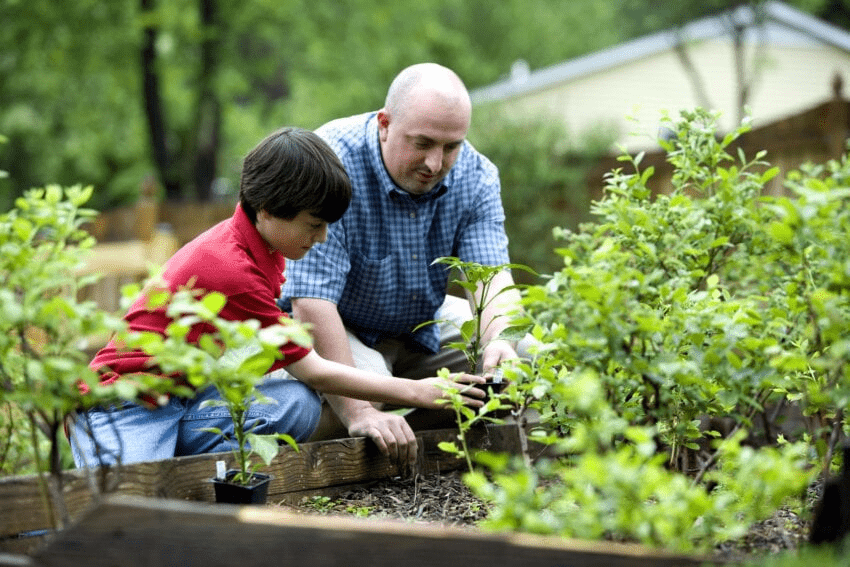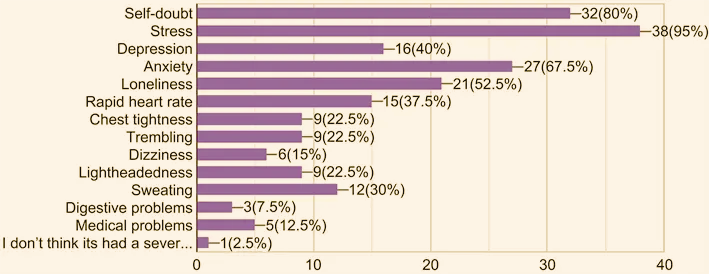Failure is good as long as it does not become a habit.
Michael Eisner
Update: This article was last updated on 21st May 2024 to reflect the accuracy and up-to-date information on the page.
Failure – the word in itself has a negative connotation, probably for the right reasons. But failure has its own set of goods. While we as adults may understand that children, on the other hand, have to be trained to take failure as a lesson and not as an outcome.
Failure, in any form, is disappointing. There is no doubt about that, but each failure teaches us something.
Recommended blog: Parenting Hacks for a Stress-Free Morning Routine For Kids
In a world where success is often celebrated, the idea of failure can dampen a child’s spirit. However, the phrase “KIDS, IT’S OKAY TO FAIL” encourages a shift in perspective, highlighting that failure is not just an outcome, but an integral part of the learning process.
Therefore, it is crucial to guide children in understanding that failure is a valuable lesson rather than a final verdict. This article explores the positive aspects of failure and the importance of teaching children to embrace it as a natural part of their journey.
Recommended blog: Inspiring Back To School Activities For Kids
If you are a tiger mom/dad and you are putting a lot of pressure on your child, which is not healthy. Pressurizing children can affect them negatively and potentially spoil their future
Of late, several teachers and professionals who work closely with children have started emphasizing that children need to learn how to fail and accept it gracefully and so do parents.
It’s the responsibility of the parents and teachers to teach children that failure is a crucial component of success and the opposite. Because it has been proven that every failure takes you a step toward success. And parents must assure their kids, “It’s okay to fail.”
Recommended blog: Teaching Kids About Boundaries: Building Respect and Responsibility
The only thing one needs to do is learn from their mistakes. Educational institutions especially can play a crucial role in this as this is where the kids are molded on a day-to-day basis. Some have already started working towards it. E.g. Silicon Valley-based EdTech startup, Moonpreneur not only teaches children about futuristic technologies and imbibes an entrepreneurial mindset in teens, but their experts also teach children to face and accept failure. They make children realize that success is the destination, but failure is a part of the journey.
Recommended blog: Advice for Kids: How to Become a Better Leader
As parents and teachers, here are a few things you can say to your KIDS, IT’S OKAY TO FAIL!
1. Let Them Try New Things
Children instinctively want to try new things – that’s how kids are wired. But if you notice that your child avoids trying new activities, they probably have a fear of failure. To deal with this, talk to your child and encourage them to try new things. Let them know it’s okay to fail if they do not succeed in the first attempt and let them understand practice will make them perfect.
2. Put Emphasis on Growth Mindset
Parents and teachers must focus on the growth attitude. Children have to be taught to enjoy the process without worrying about the outcome. The process is what is going to help them grow and not the outcome. If the emphasis is solely put on the outcome, then the child will lose interest in the process and concentrate only on the result.
3. Praises for Failure and Success
Everyone makes mistakes. Even the most influential people make many mistakes on their way to success. Prove it with examples like Steve Jobs, Michael Jackson, Oprah Winfrey, Thomas Edison, etc.
A child who has faced failure needs appreciation more than the child who has succeeded. If your child tries something but fails, praise them for his initiative and efforts and encourage him to try again. Failure always teaches lessons to a child to become the best version of their talent. So next time your child makes mistakes, don’t be harsh on them; just tell them it’s ok to fail.
4. Become a Role Model
For your child to embrace failure, share your failures of the past and tell them how you felt, how you learned from your mistakes, and how you overcame them. Talking about your experiences will help your child realize that failures are a part of life, they can learn and move on.
This chart illustrates the Impact of fear of failure on decision-making in teens.
For children, it is difficult to embrace failure because they feel that they will be judged by their parents, teachers, and friends. You can help them overcome this dilemma with your positivity, flexibility, and patience. Train them to accept failure with the hope of doing better in the future. Make them understand that they will only succeed if they develop the skill of handling whatever is thrown at them and enjoy the process while they are at it.
Looking for a comprehensive parenting guide to ensure you are on the right track? Explore a wealth of parenting wisdom and educational insights in Moonpreneur’s blogs. Additionally, you can join our programs that nurture the next generation of innovators. Book a free trial now.






























Why is failure important for kids?
Failure is crucial for kids as it fosters resilience, teaches coping skills, and builds character. It instills perseverance, encourages realistic expectations, and cultivates problem-solving abilities. Experiencing failure helps children appreciate success, embrace a growth mindset, and develop crucial life skills essential for their overall well-being and future success.